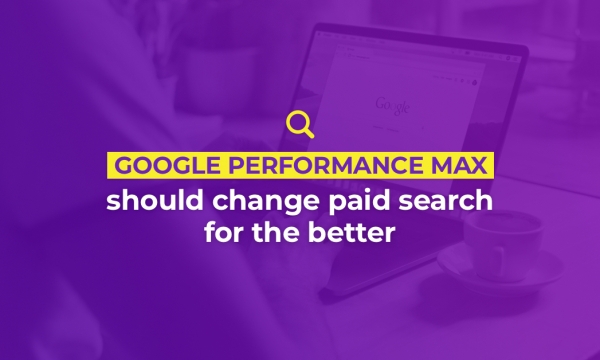
Back in February, Google made a number of changes to its search engine results page for desktop. The headline changes were a complete removal of text ads in the right sidebar and, in addition, Google would display up to four ads above the organic listings in what it believed were “highly commercial queries” (estimated to be around 3% of total search queries).
At the time, many were predicting that this would be catastrophic for advertisers, claiming that CPCs would go through the roof as more advertisers fought for fewer spaces, and that organic click-through rates would fall. Our advice at the time was somewhat more measured; don’t panic.
But what is the reality of the situation, just over one month on? We looked at a number of markets within the financial services sector, one of the most competitive paid search markets in the UK, in an attempt to understand if the recent changes to the way in which Google displays ads on desktop has had a significant impact on core paid ad performance metrics.
Who blinked first?
Different advertisers clearly had different approaches to the SERP change. Many increased their bids quite substantially, whilst others took a less dramatic approach following the change (indicated by the red marker).
In the credit cards market, we can see that Money Supermarket maintained its dominance across generic credit card related terms both before and after the SERP update, although it is notable that Halifax did make attempts to occupy the top position following the changes.
The bidding strategy of Halifax in particular is incredibly volatile, both before and after the changes. We can see that Halifax actually exited the market shortly after the change (between 22/02/16 and 24/02/16), before clearly increasing aggression shortly afterward. It is likely that this increased aggression led to higher CPCs, which may explain the erratic nature of their ad campaign.
Barclaycard, Aqua and ASDA Money both increased bids aggressively around the time of the SERP changes. Barclaycard demonstrates a consistent degree of growth in the market, whereas ASDA Money exits the market around 3 March 2016. Aside from a brief period around 8 March, the brand has not yet returned to the market, which may suggest that the brand has pulled out due to cost inefficiencies.
Money Supermarket isn’t enjoying such dominance in the current accounts market, although we have again seen examples where brands have exited and re-entered the market in the immediate aftermath of a SERP change.
Nationwide Bank did maintain top positions following the changes, but then pulled out of the market on 25 February. This could be due to budget constraints. The bank returned to the market, and to position one, on 4 March.
During Nationwide’s absence from the top position, Money Supermarket was the most prominent brand. However, the brand has since taken something of a nosedive in the market, and is currently appearing in the bottom of page positions. This could be due to a more conservative bid strategy or increased aggression from competitors (or a combination of the two). NatWest, Halifax and Know Your Money have all benefited from Money Supermarket’s lack of visibility.
We have seen that some of the less visible brands, including Banking Refunds and Which4u have left the market entirely, not long after the SERP changes, whilst Santander had also left the market in early March.
Keep calm and carry on?
Google updates inevitably cause a stir, no matter when and how they fall. Whilst we have only taken two keyword markets in one sector for the purpose of this analysis, it’s no surprise to see many brands increase their bid aggression as a direct response to this change.
At the time of the SERP change, our advice was clear. We advised our followers and our clients not to over-react to such a change, and to continue doing the basics of paid search correctly. We warned against the temptation to ramp up bids in an attempt to gain one of the few prominent positions that were up for grabs:
"Advertisers should not prematurely ramp up their bid strategy in light of this announcement. Whilst the temptation is obvious, doing so could severely harm the profitability of your campaign."
We provided a host of reasons why advertisers should embrace these changes and look at ways to really add value to their ads, using the tools that Google provides them.
"This update should act as a kick up the backside for advertisers to ensure that all campaigns (where applicable) make the most of the tools at their disposal across all keyword sets. Ultimately, this is about advertisers protecting themselves by following Google best practice."
Whilst this is by no means a macro analysis of the Google SERP change, what we have seen suggests that a degree of panic in the market has taken place in the immediate aftermath of the SERP change. We have seen an over-reaction and over-aggression from some brands to the change and in some cases, these brands exited the market for a period – most probably due to a budget overspend or an increase in CPCs or CPAs that made their campaigns unviable.
Whilst there are fewer places up for grabs in the marketplace, or advice remains. The key to succeeding in this new search marketplace is not to increase bids to achieve one of those prized ad positions, but to instead focus on the basics and utilise the tools available to you in order to make your ads more relevant and more effective.






